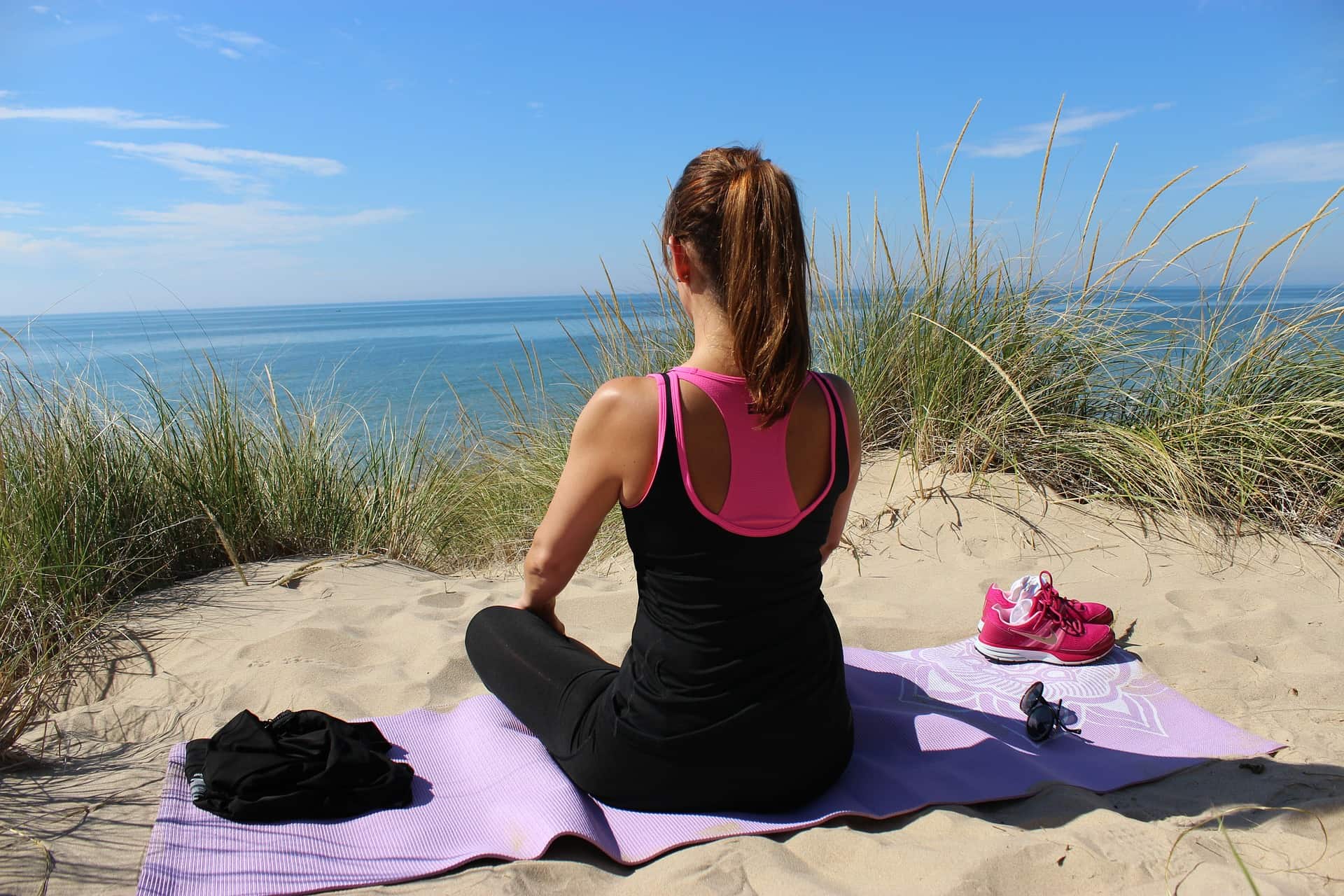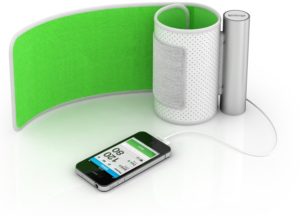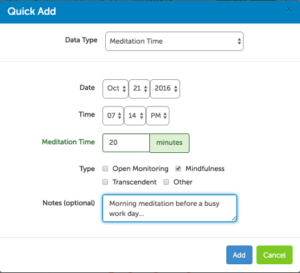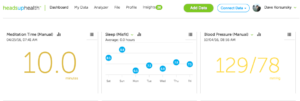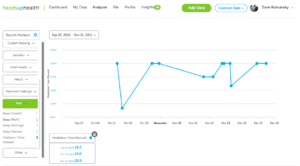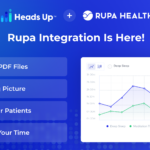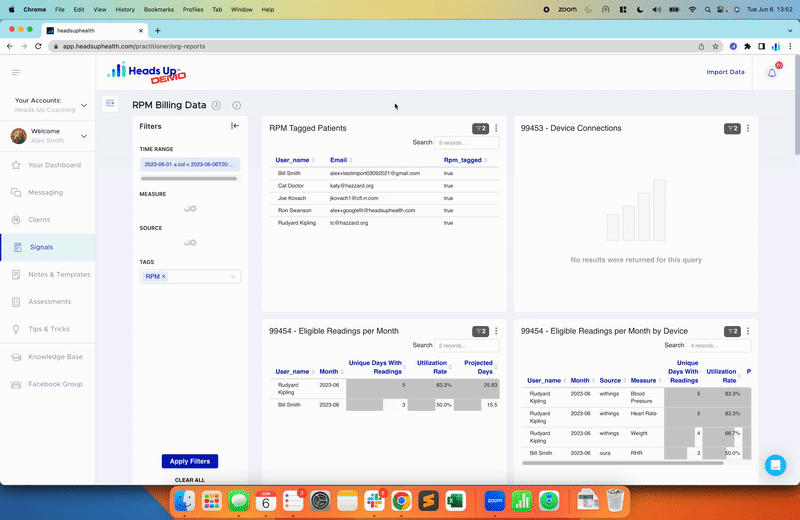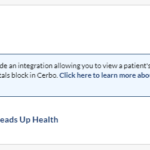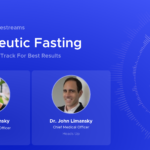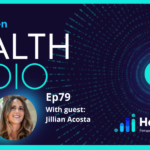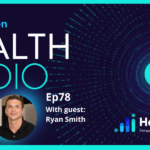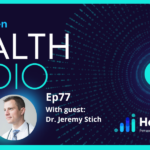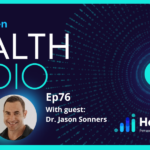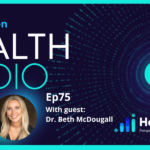What’s the first thing you think about when you hear “mediation”? Is it the Dalai Lama? A surfer on a beautiful, exotic beach, far far away? Is it a monk or priest reaching deep to a quiet, peaceful place that regular people just can’t get to?
If you answered, “yes,” then good — you’re exactly the person who can benefit from some meditation 101. The truth is: meditation isn’t just for those people.
Who Can Benefit from Meditation?
Everyone. Yep, everyone who has just a few minutes to spare each day. Here’s how everyone can benefit:
Benefits of Meditation
1. Lower perceived stress: According the the Mayo Clinic, even a few minutes can restore calm and inner peace.
2. Regulated blood sugar: Meditation has been shown to lessen insulin resistance and lower blood sugar.
3. Regulated blood pressure: Medication alone sometimes isn’t enough to reduce or regulate blood pressure. A small study found that 40 out of 60 participants who started meditating reduced their blood pressure and eventually reduced their medication dosage.
4. Lower the need for healthcare services (and in return, healthcare costs): A recent study found that meditation, along with other relaxation-response techniques like yoga and prayer, can reduce the need for healthcare services by 43 percent.
5. Better sleep: Everyone has trouble sleeping at some point. And, once you get onto the insomnia merry go round, it’s really hard to hop off. Meditation can help fight insomnia and improve sleep.
6. Better food choices: When you’re experiencing high stress levels, your body reacts by craving high-fat and high-sugar foods. It’s been shown that meditation helps combat those cravings, and even reduces binge eating.
7. Increased productivity: Improved concentration + reduced stress = increased productivity. Meditation helps with all that. Google even provides a program that guides employees through yoga and meditation for increased productivity.
8. Lessened symptoms of depression and anxiety: This includes enhanced coping abilities and reduced anger/irritability.
9. Slowed aging: Meditation has been shown to increase telomerase, a.k.a. the “immortality enzyme.” More telomerase means slower cellular aging.
10. Regulated cortisol levels: Cortisol is a stress hormone; a hormone that can wreak havoc on your body, including interfering with learning and memory and lowering your immune system, among other things. Meditation, even in super short spurts of minutes at a time, can help lower cortisol levels.
How to Track It in Heads Up Health
If you’re a Heads Up Health user, you can use the technology to track your meditation and compare it against your other health metrics to see how your new healthy habit is making a difference. Here’s how:
- Manually enter your meditation time each day. Just go to the “Add data” button at the top and select “Meditation Time” from the drop down menu. Do it right after your meditation so you know your data is accurate and up-to-date.
- Add it to your Dashboard.
- Use the Analyze function to create graphs. These graphs will show you how meditating impacts your sleep, weight, blood pressure or other health metric that you’re looking to improve.
Heads Up Health Recommends
Apps:
- Headspace – This app acts a personal trainer for your mind and provides loads of support for a huge variety of meditation techniques, based on what you’re using it for — better sleep, increased creativity, reduced anxiety, etc . It works on your smartphone or computer.
- Calm – Meditation in its most simple form. This app includes a variety of nature-inspired backgrounds and sounds accompanied by timed meditation or guided meditation. At the end, you can even share your session on Facebook.
Teachers and classes:
- Meditation teachers and classes: Another great way to get started is searching for a meditation teacher who can work with you directly and provide instruction and feedback. You can also look for group training classes in your area.
- Mindfulness based stress reduction: This is an 8-week course with a standardized curriculum developed by John Hopkins University. The course teaches the fundamentals of mindfulness meditation for stress reduction. In many cases you can access this training through your health insurance provider.
Devices:
- emWave2 – Although not technically the same as meditation, this is a handheld device designed to provide heart rhythm feedback in real time and can help you transform your physical and emotional response to stress. One of the challenges when first learning to meditate is you never know if you’re meditating properly. emwave is a great way to get some real-time feedback while you train yourself to relax using the emwave hardware and software. You can then progress into other forms of meditation if you so desire.
Empower yourself by starting meditation and tracking it in Heads Up Health. You’ll look better, feel better and sleep better. Who doesn’t want that?
Get started!
Ready to start your meditation practice? Curious to see how meditation can improve your sleep, blood pressure, weight and other health stats? Sign up below to start tracking!
[maxbutton id=”1″]
